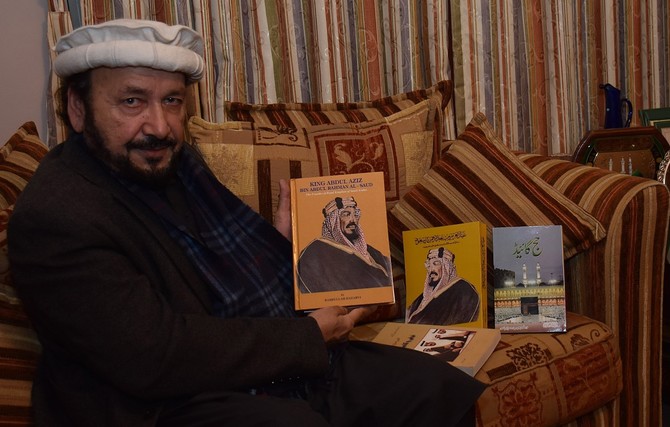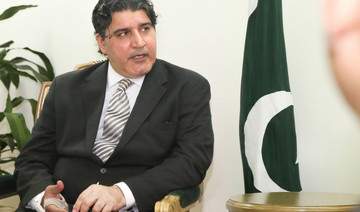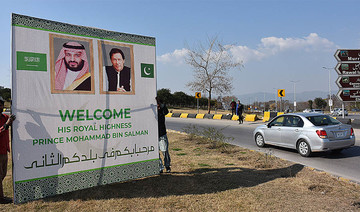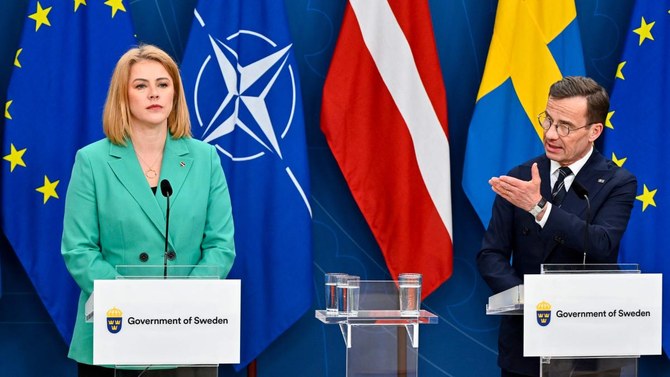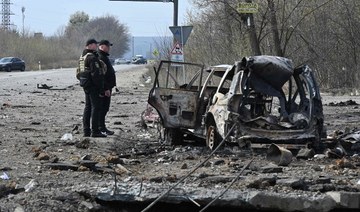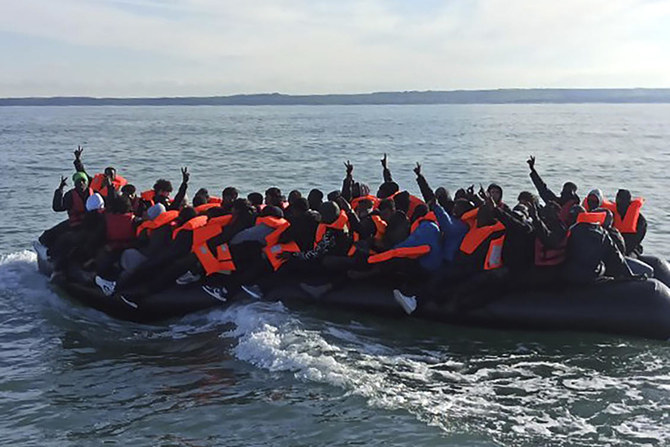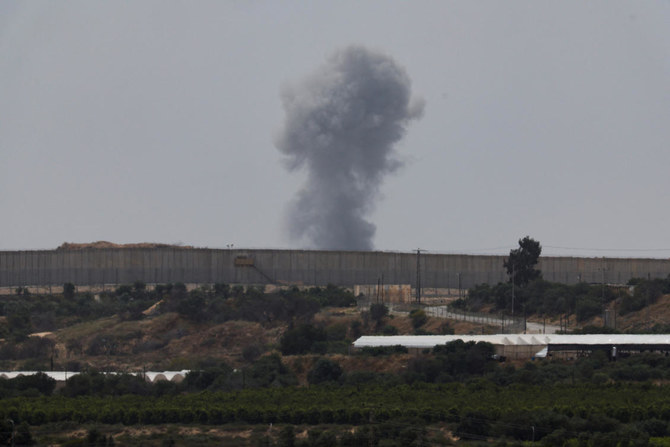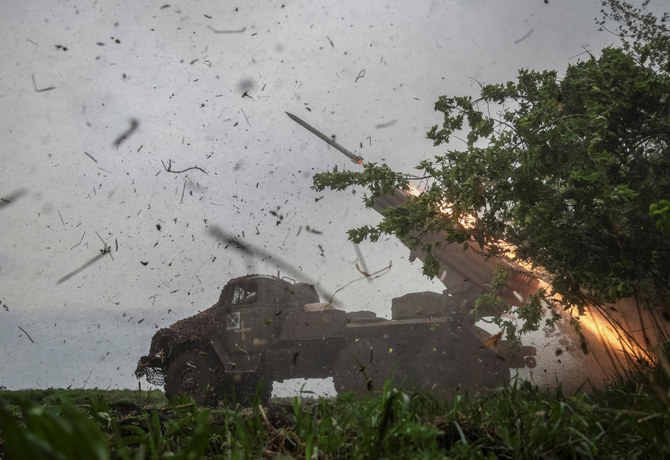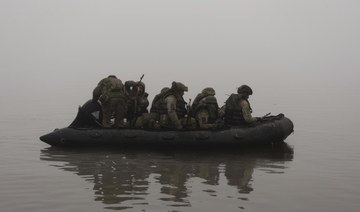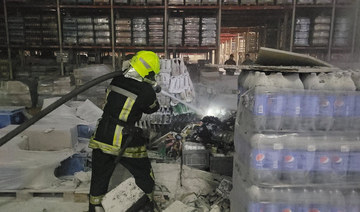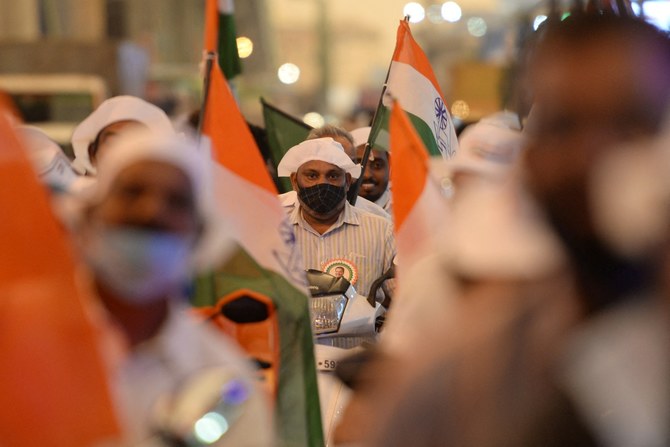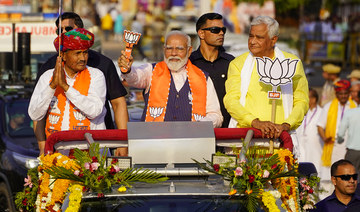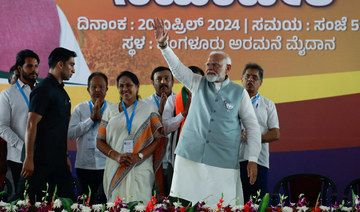ISLAMABAD: Saudi Arabia has helped Pakistan in many ways over the years. One notable example of this, according to a Pakistani diplomat and author who was present during the discussions, was the generous support and encouragement the Kingdom offered Islamabad as Pakistan prepared for its first nuclear tests in May 1998.
“Prime Minister Nawaz Sharif spoke with King Abdullah bin Abdul Aziz on the telephone before the nuclear tests and received his full-fledged support,” said Bahrullah Hazarvi, who was the interpreter during the conversation. Pakistan’s first nuclear test, on May 28, 1998, was a direct response to arch rival India’s second round of nuclear tests on May 11 and 13.
“The generous support of Saudi Arabia and other Muslim countries at the time encouraged Pakistan to give a befitting response to India,” he added.
Hazarvi worked in Saudi Arabia for more than three decades in a number of diplomatic positions and also wrote a book on the life of King Abdul Aziz bin Abdul Rahman Al-Saud, the founder of the Kingdom of Saudi Arabia, which was published in 1997 in English, Arabic and Urdu.
His first posting to Saudi Arabia, in June 1977, was as a coordination officer in Pakistan’s consulate general in Jeddah. He continued to work there until he retired 2010, by which time he was director of Hajj. He is currently working on a new book documenting his experience and life in Saudi Arabia.
Hazarvi’s long stay in the Kingdom and grasp of Arabic allowed him to study many aspects of the lives of the Saudi people and their rulers, including King Salman. He was also frequently called upon to serve as an interpreter for Saudi dignitaries and officials during visits to Pakistan. He carried out this role in 1998, for example, when King Salman, who at the time was still a prince, held official meetings with Prime Minister Nawaz Sharif and other dignitaries during a seven-day visit to Pakistan.
Recalling his motivation to write a book about the life of the Kingdom’s founder, Hazarvi said: “King Abdul Aziz’s love for peace and Muslims all over the world inspired me to write the book. It is a kind of tribute to his services for Muslims.”
In the book, he describes the king as a great leader, known for “forthright expression of pure and clear faith,” who always appreciated the “loyalty and sincerity” of his people.
“We only want one system and that is the system bestowed upon us by Allah, and our only endeavor is to establish peace on this land,” King Abdul Aziz told a large gathering of pilgrims in 1925.
The author also praises the king for his decision in 1952 to abolish Hajj fees for pilgrims.
“This was considered a very great achievement and to this day the Kingdom of Saudi Arabia does not charge any fee from pilgrims,” Hazarvi writes in his book, which features a preface from Pakistan’s former president Farooq Leghari.
The author notes that the Pakistani community in Saudi Arabia had grown from 1.5 million in 1980s to 2.1 million in 1990s and wrote: “Pakistanis enjoy all basic rights in Saudi Arabia…and send huge remittances back home every year to support their families and contribute to the prosperity of the country.”
Hazarvi said that Saudi Crown Prince Mohammed bin Salman’s visit to Pakistan is evidence of his love for the people of Pakistan. “He has emerged as a visionary leader of Saudi Arabia and this visit will further strengthen the bilateral relationship,” he said.



